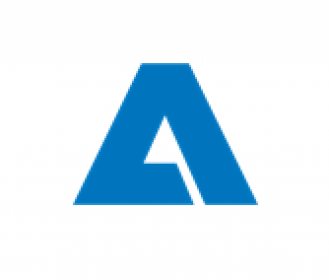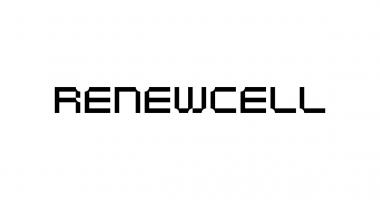ANDRITZ: Record figures for 2022
echnology Group ANDRITZ achieved in 2022 the best figures in its history for order intake, revenue, and operating result ( EBITA). ANDRITZ started the new business year with a record order backlog of around ten billion EUR. Together with strict cost and project management and the successful turnaround in the Metals business area with the German Schuler Group, that order backlog will form the basis for further growth and profitability increases in 2023. Subject to the approval by the Annual General Meeting, shareholders will benefit from the excellent business development with a significant dividend increase to 2.10 EUR (previous year: 1.65 EUR) per share.
The results of the business year 2022 in detail:
- The order intake of 9,263.4 MEUR reached a record level and was thus significantly higher than the figure for the previous year (+17.6% compared to 2021: 7,879.7 MEUR). All four business areas contributed to the increase.
- The order backlog as of the end of 2022 amounted to 9,976.5 MEUR and was thus significantly higher than the value for the previous year (+22.2% compared to 2021: 8,165.8 MEUR).
- The revenue saw very favorable development during the 2022 business year and reached a new record level of 7,542.9 MEUR (+16.7% compared to 2021: 6,463.0 MEUR). All four business areas contributed to the increase in revenue.
- The operating result (EBITA) increased slightly more than revenue and reached 648.5 MEUR, also a record level (+18.7% compared to 2021: 546.5 MEUR). All four business areas contributed to the increase in earnings. Profitability (EBITA margin) increased to 8.6% (2021: 8.5%).
- The net income (including non-controlling interests) increased significantly compared to the previous year, amounting to 402.6 MEUR (+25.1% compared to 2021: 321.7 MEUR)
ANDRITZ expects to continue its profitable course of growth in the business year 2023 and anticipates an increase in both revenue and earnings compared to 2022.
ANDRITZ AG
































